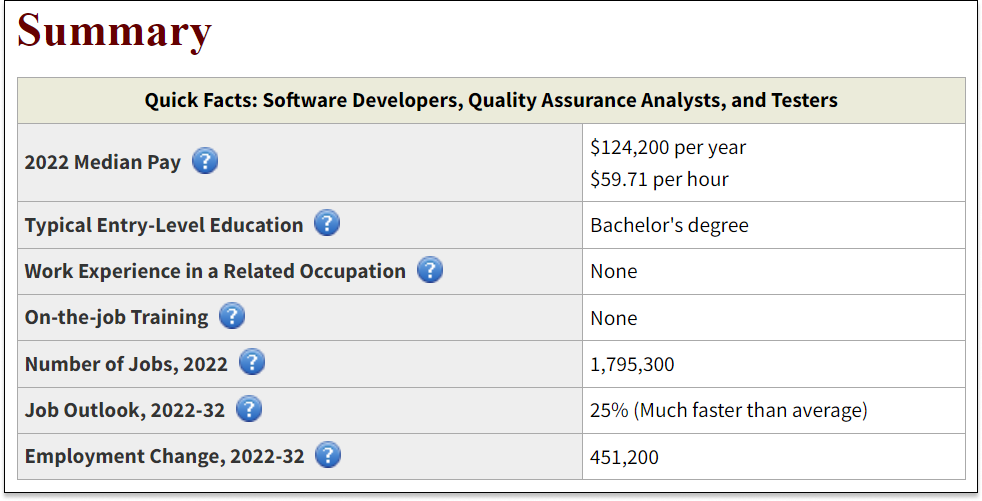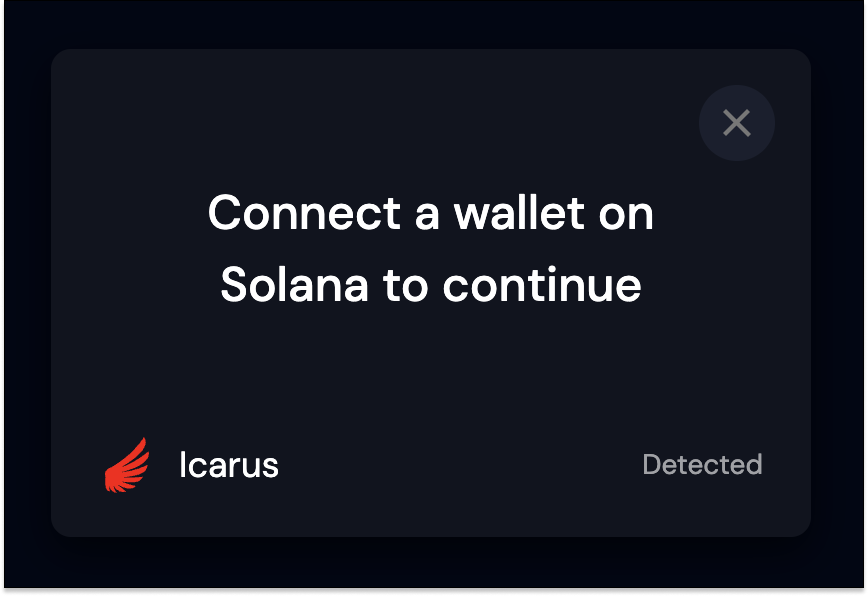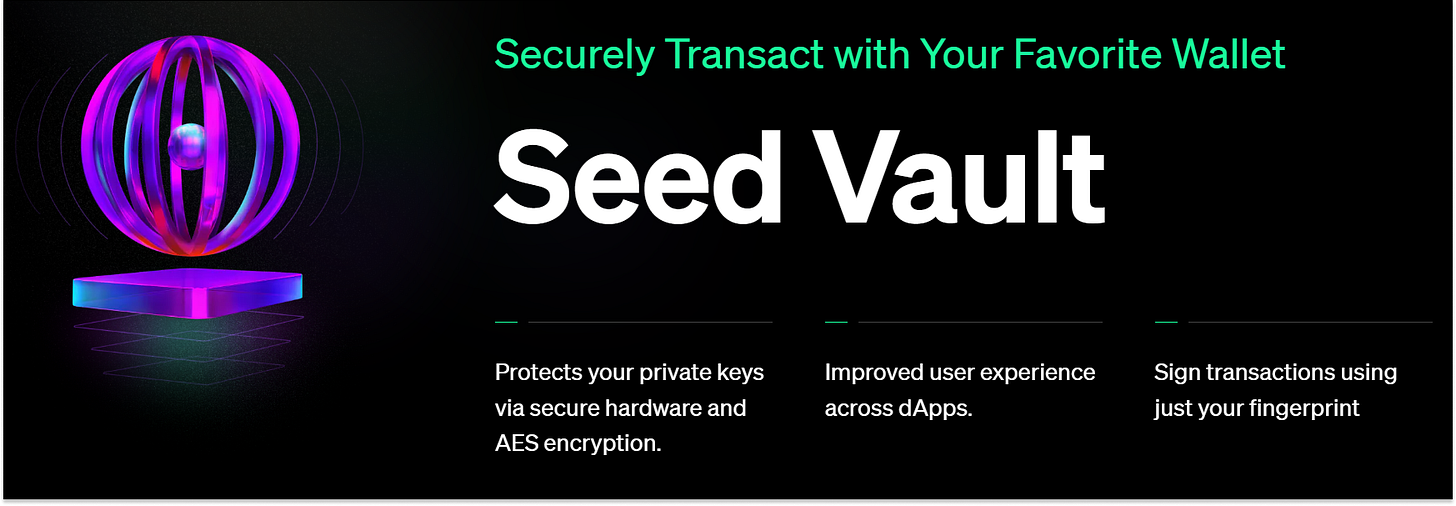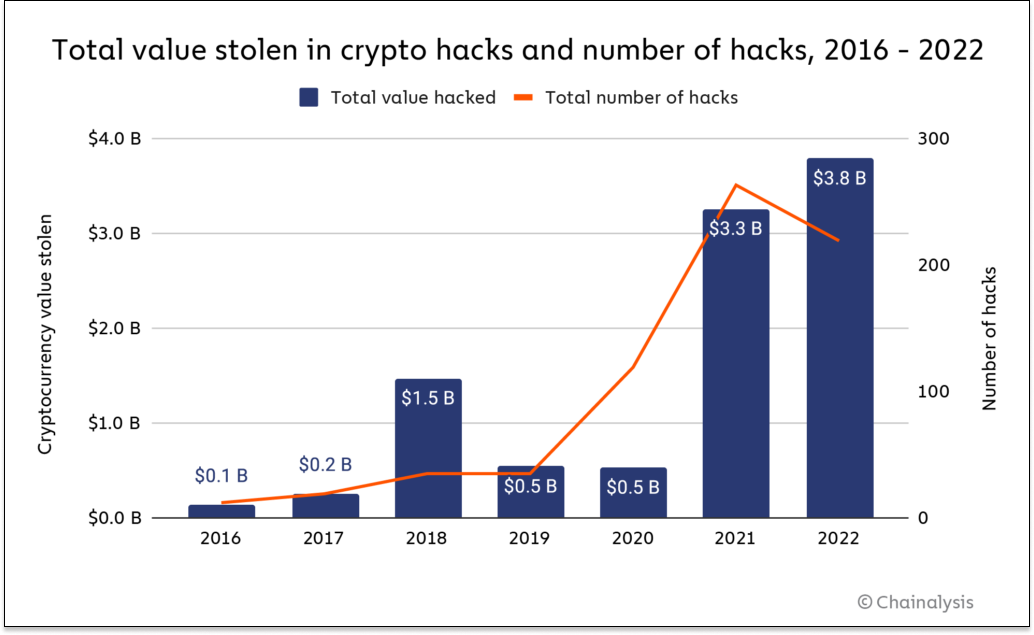The Toly Interview: Building A Better Blockchain
Anatoly Yakovenko talks about Solana as a startup, how to build organic communities, advice for aspiring developers, Solana Mobile's next move and why Breakpoint is important.
Toly joins us from San Francisco to discuss the early days of Solana, cultivating an organic community, advice for aspiring blockchain developers, Solana Mobile’s next evolution and why Breakpoint 2023 is important.
Solana’s Origins:
2017 - Anatoly Yakovenko drafts the first Solana whitepaper which outlines a new concept called Proof of History (PoH).
2018 - The initial Solana Labs core team forms, releases the official whitepaper and launches an internal Testnet. Team begins raising development funds via Multicoin Capital.
2019 - Solana Labs development work continues at high pace, they host the first incentivized Testnet event called Tour de SOL and the Series A round closes with $20M generated in private token sales.
2020 - Solana debuts Mainnet and the first block is created on March 16th, 2020.
Learn more about the early days of Solana here, here and here.
New Solana developers have direct 1:1 access to senior contributors - does that culture come from the top?
Toly: Yeah, this is something I’d recommend, highly recommend.
Anyone that’s trying to build any kind of developer facing product, have your Senior devs be in Discord talking to people.
It’ll take some of their time to do it, but it’s really important.
I think it’s actually really good product development because those devs get a bunch of questions or feedback and they immediately change it.
Toly: It changes their roadmap, their planning, and they organically build a better project. Just from that interaction.
That interaction is really, really important.
Because there's no way I know exactly what every job’s needs are. Where our docs are lacking, or where community devs are blocked.
Toly: There's a bit of a squeaky wheel problem there.
At some point when you get to a large enough scale, he needs to figure out how to have a developer facing team that’s able to collect a bunch of this [feedback], figure out what are real problems.
In the very early days it’s really, really important for everyone that’s building, whatever product you’re building, to have those developers have a direct line to the consumer of that product.
Which web3 roles do you think will be most in demand over the next 5 or 10 years?
Toly: For the core team it’s always hard to find awesome systems engineers.
This is something that if you want to be a super nerd engineer, software person. Go study systems, distributed systems, communication networks - all of this stuff.
Go deep on it.
Toly: It’s almost like it’s better to work at a big company sometimes for the first five years in those roles. Those companies have a ton of resources, for mentors and stuff like that.
Unless you’re a self starter, you can get a PhD and really go deep on a systems topic on your own. Not everyone has that available to them or has that kind of energy.
I was too lazy. Personally, I needed to go build.
As soon as I got to college I was working in a startup. So for me, it was better to go into a company where I could find that kind of mentorship.
It’s always tough to hire really good systems engineers. So that’s one advice I can give.
Toly: If that’s not for you, it’s really tough to find good product builders.
To have that kind of instinct to identify what’s real friction, what’s not, where customers have real problems.
That’s kind of a jack of all trades, you should be able to build an app on your own. Not optimized. Not scalable. But identifies and solves a problem for a consumer.
Once you catch lightning in a ball then you hire the systems people to actually make it useable.
What is the next big pivot for the Saga?
Toly: I don’t know. We got really good feedback from people that got the device, and the dApps, that really care about open decentralized stores. But it’s a very small community and it’s hard to figure out if it’s sustainable.
The biggest internal debate we’re having is “Does it make sense to find the cheapest possible device that this thing could run?”
Toly: What’s the cheapest phone out there and try to make almost a smart wallet. Anyone that has an iPhone would get this just because it’s cool, it’s sub-$200.
“Would that be a better price point for this kind of product?”
The other side of it is like Jordan’s project Icarus (and a bunch of other folks). Passkeys and support for cryptographic signing inside of enclaves has gotten much better in recent versions of Android.
Toly: It’s not perfect. You own your own seed phrase, there’s BIP39 support and all this stuff.
It does give you the full security of the hardware enclave, that an attacker can’t steal your seed phrase, which I think is really important.
So there’s software improvements now that that remove the margin of difference between a dedicated crypto device. A general purpose software implementation using passkeys becomes much smaller.
The kind of attacks that you saw with Slope wallet are impossible with passkeys.
Toly: There's other kinds of attacks, right? The wallet could start maliciously signing the wrong transactions on your behalf.
There’s a whole bunch of other ones that unfortunately you need a dedicated device with trusted display, with a validated parser, that displays “this is exactly what you’re signing” and stuff like that.
That’s really important, but we haven’t seen those attacks to be prevalent. Most of the stuff we’ve seen are people get phished and they copy/paste their seed phrase.
If they never have access to their seed phrase, because it’s a passkey generated one, that removes that attack vector.
Toly: If the wallet is poorly built and logs that seed phrase to a remote server for some absurd reason, that’s impossible with passkeys. We’re seeing that security surface shrink dramatically with more modern versions of iOS and Android.
So we’ll see if it actually makes sense to have a dedicated crypto phone.
Toly: The unfortunate thing is that while that surface is shrinking, the amount of control that Apple and Google have over their app stores is not.
Toly: We can offer a consumer facing benefit and solve a problem for consumers which is great. Self custody, super secure signing and stuff like that.
Use that as a wedge to create a decentralized app store.
I thought that was going to be our window of opportunity.
But if that kind of opportunity shrinks it might be much harder to build an alternative app store. PWA’s are getting closer and closer to the kind of UX that people want.
How many people attended the first Solana event?
Toly: It was twenty people during the Devcon that was in Japan. It was the year before COVID.
Twenty people showed up, mostly the Solana validators that were already running nodes.

Was that before the official launch in March of 2020?
Toly: Yep. We were trying to bootstrap the community from day one. It's just such a such a painful process.
How big has the team grown since then?
Toly: I don’t know the exact details at the Foundation. I think Labs is about ninety people. Foundation is maybe sixty or something like that.
Toly: When we launched, we launched with twenty.
It’s 5x bigger now. It’s kind of crazy how small of a team it took to launch.
What is the origin story of the Solana Superteams?
Toly: It was a community event. I think it has organically came together because it's just really, really hard to cover the entire world.
People just kind of said “hey, I want to do Solana stuff here.”
Then it just kind of came together.
I think Alevtina and a bunch of folks were all doing this by hand. Now I think it's a much more organized group with folks like Akshay leading it.
Toly: These are sprouting like mushrooms. They're just popping up and people are self organizing. Usually it kind of happens if there's a Hacker House in that city.
A bunch of devs come together and realize “Oh man, there's actually already a Solana community there” and [they] just kind of organically take it from there.
Will we start to see Super Teams hosting events at universities, city council meetings, career fairs - that kind of thing?
Toly: We’re too small to do all the stuffs.
Labs is primarily focused on engineering and it’s really cool to see that the work we’re putting into open source development is organically growing this community.
People are like “oh man, this technology that I’m getting for free is great. Maybe I can find other people that want to use it around me, because that will help me build my software right now.”
That was kind of the magic of Linux in the 90s.
It was a bunch of people coding software on the weekend for free. They were just giving it out.
Toly: It’s kind of a crazy idea that you would do that. If you remember the 90s, most software was boxed or licensed that you had to pay. That was a pretty big revolution to flip that model.
“It would be cool if Bitcoin had a multi-trillion market cap”, that seemed like a very important thing.
At the same time it failed to reach the same kind of mind share amongst the general population where people really cared about it in the same way that Linux did.
It kind of blew up into “not everything runs on Linux, but the biggest tech companies use Linux” and it just became a thing that everyone uses.
I wish that happened to crypto but we’re not there yet.
I think if that does happen, you might see that same kind of explosion of communities and things built around the utility of open source software. The benefits it actually provides to those folks.
That would be cool, but we’re just not quite there yet.
Breakpoint is right around the corner, what topics are going to be the most impactful?
Toly: Payments, obviously, is a big one.
The folks from Visa are gonna give a talk and I think that where crypto solves a problem for consumers is clearly in cross border payments, remittances.
The core technologies are really busted and it’s night and day transferring $USDC around and building with $USDC on Solana where it’s cheap and fast versus using anything else.
Toly: I think the biggest eye opener to me was the difference and signing up for getting your monthly viewer rewards out of 𝕏 through Stripe versus setting up Sollinked - night and day.
I literally just filled out my email and connected my wallet. It took two seconds with Sollinked.
With Stripe it was face IDs and all this other stuff, like a week before they actually get back to you. It felt like I had to give up my firstborn and a pound of flesh to get paid on 𝕏 which is absurd.
As long as there is friction around setting up payment rails, people are not going to self publish.
That kind of friction is definitely slowing down the internet.
The internet has moved into a very user generated content, AI generated content world.
Toly: They’ll go to a platform, that platform is going to centralize and censor, pick winners and losers.
People are too lazy. It’s a pain in the ass to self publish and set this up.
I think this is the biggest opportunity for crypto to equalize the internet.
It starts with fixing a consumer problem.
In this case, make payments easy. Make them smooth and cheap.
Once everyone is using payment rails on crypto I think self publishing, and not relying on these massive networks, will become much easier.


















Who should I interview next?